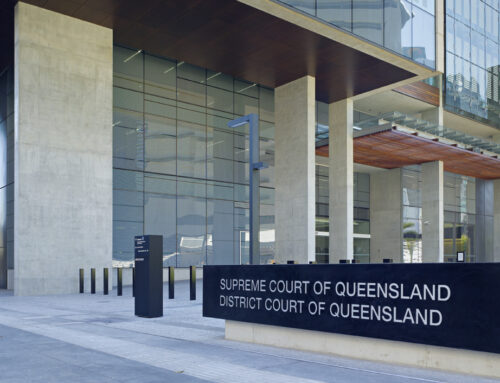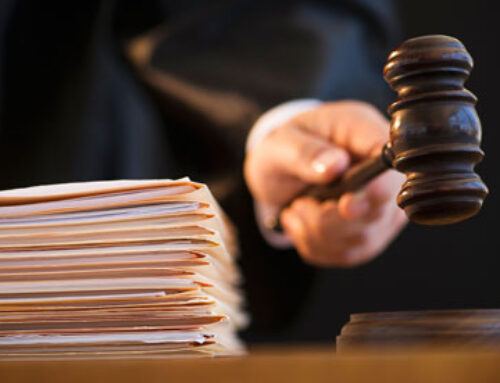Part 3 – Disputes and Issues arising out of Co-ownership of Property
Parties who buy property together should get a co-ownership agreement prepared for them by a competent solicitor because of all the issues that might arise between them from the date of purchase of the jointly owned property.
The parties might have a disagreement about the property, one party might for instance want to move out and use their share as an investment, someone might default under their mortgage or want to sell out to the other parties, or relationships may move on and you no longer want to be involved with that person or people anymore. In the absence of a co-owner deed a party wishing to force the sale of the property in order to recover that parties equity in the property, must bring an application in the Supreme Court for the appointment of Trustees of the property to be held by them on the statutory trust for sale or for the statutory trust for partition. The rules regarding the Trustees’ powers and duties is contained in Part 5 of the Property Law Act. The Trustees will be appointed by the court to sell the jointly owned property and hold the net proceeds of sale, after payment of all costs, expenses, insurance premiums, repairs and other outgoings upon trust for the co-owners having regard to their respective rights.
Where the co-owners do not agree on the circumstances which existed when the property was jointly acquired, or do not agree on who contributed what by way of capital contributions at the outset, or whose responsibility it was or in what proportions mortgage repayments were to be made, or who actually made the mortgage repayments and if more than one, then in what proportion, and who was responsible for and indeed actually met all the associated outgoings and expenses associated with the property such as rates, taxes, insurance premiums, repairs, etc, those facts will need to be established by evidence given in the Supreme Court. Accordingly the process of establishing those facts and based on that, the respective rights of the co-owners to the net proceeds of sale, may well be a long, traumatic and expensive process.
If the co-owners had engaged a lawyer to prepare a Co-owner Deed on the other hand, that agreement would set out who made the initial capital contributions, who was to be responsible for the various outgoings associated with the property, if improvements were to be carried out, who was responsible for those additional capital contributions and if more than one, in what proportion. It would also have prescribed a process for dispute resolution thereby steering the parties to a mediation before launching proceedings in the Supreme Court. Normally a well drawn Co-owners Deed will require an owner wishing to sell his or her interest to give the other co-owner a first right of refusal to buy him or her out. If the co-owners cannot agree on the value of the property, then the Co-owners Deed will prescribe a process for determining the value which the parties must accept, usually a valuation from a valuer jointly agreed upon or if they are unable to agree then from a valuer appointed by the President of the Queensland Division of the Australian Property Institute.
If you have any questions regarding the issues raised within this article please call us on 07 3284 9433 or email on info@cookehutchinson.com.au.





